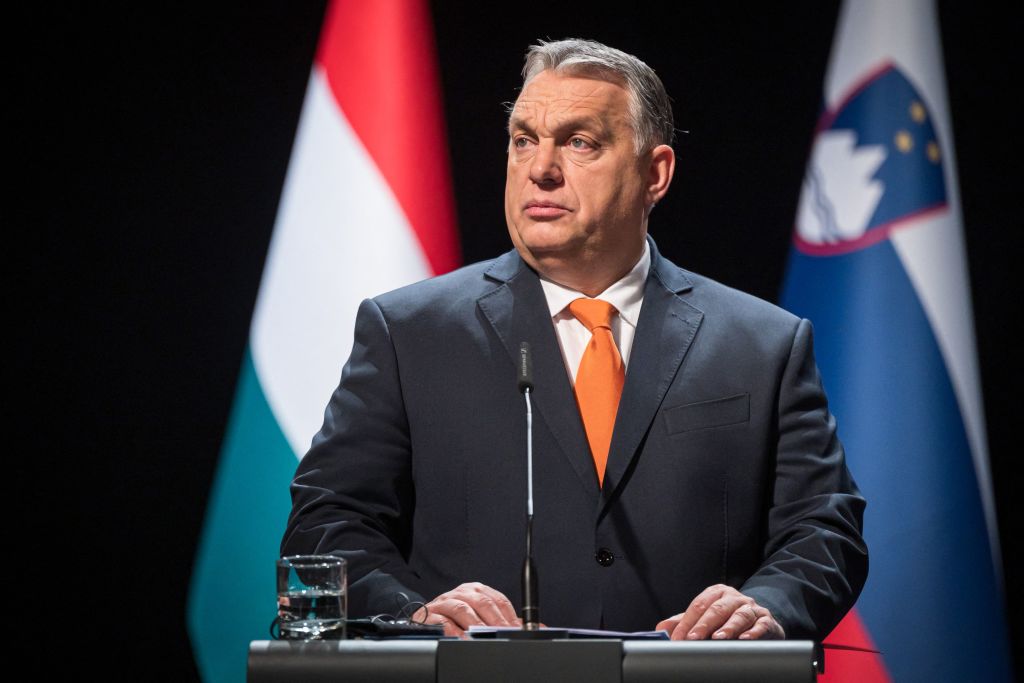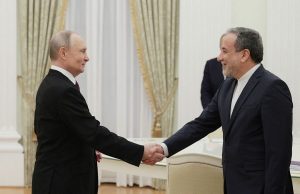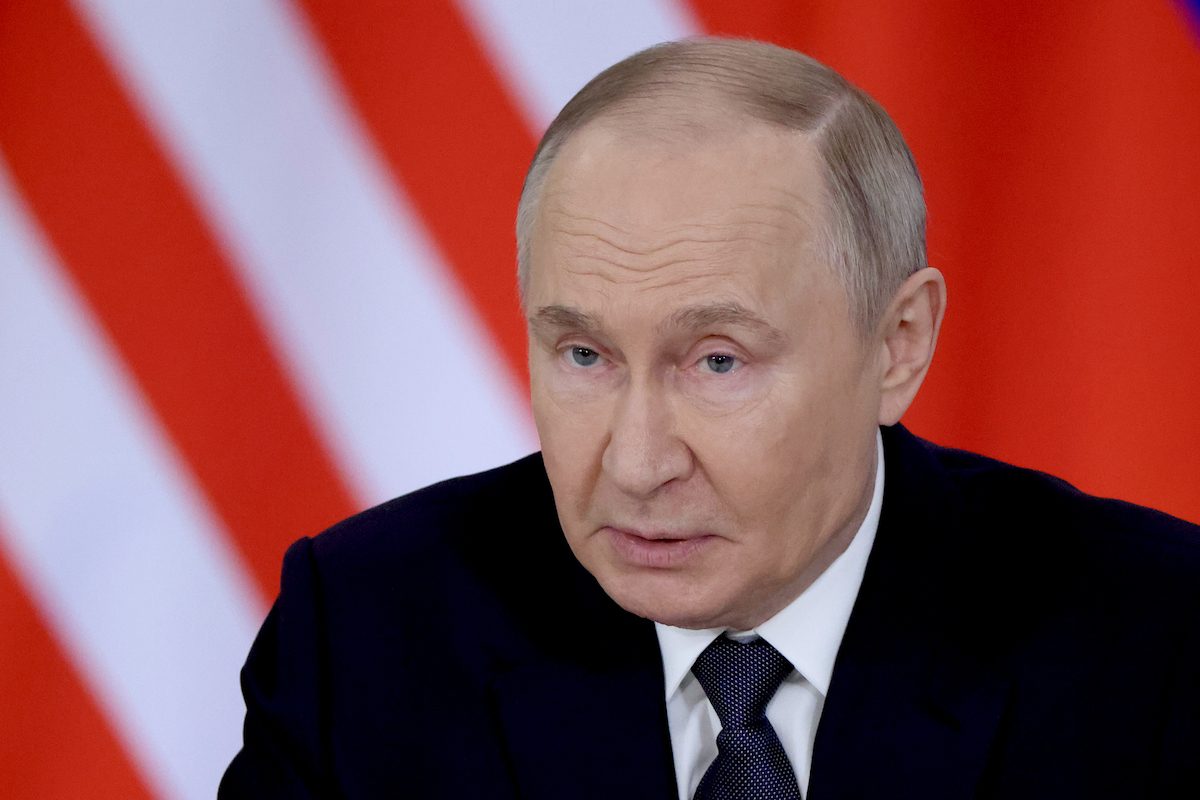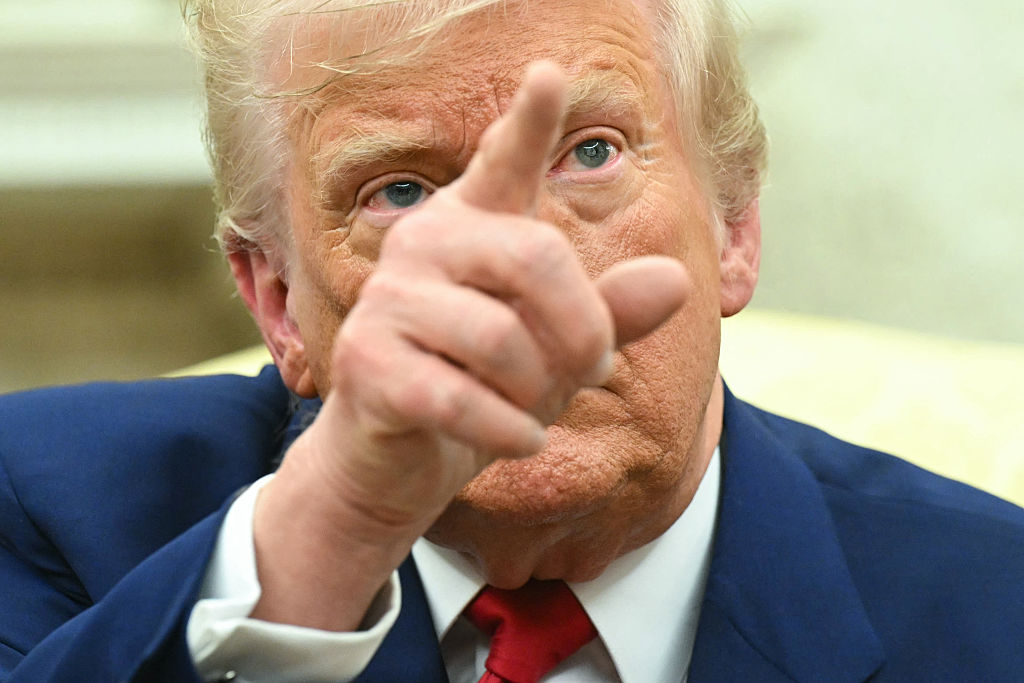As Russian tanks rolled across the Ukrainian border, the front page of the Hungarian tabloid Pesti Hírlap revived an old rallying cry to capture the national mood. “Ruszkik haza!” (“Russians go home!”) was the headline, with Budapest 1956, Prague 1968, and Kyiv 2022 listed below the fold. The line was borrowed from graffiti scrawled on Budapest street corners during the 1956 anti-Soviet uprising, a heroic but doomed effort that has since entered into Hungarian national lore.
Is it 1956 all over again? Despite some eerie parallels, the political geography of Europe has changed considerably since the bad old days of the Cold War. Budapest is two hours from Vienna by train and Prague is actually further West than the Austrian capital. Kyiv, meanwhile, lies nearly 1,000 miles to the east.
The location of these cities should give you some idea of Soviet reach in the 1950s and 1960s versus Russian power today. A superpower whose ideological influence and military might once threatened Western Europe has been reduced to an ethnostate with the GDP of Italy. Cold comfort for the Ukrainians, perhaps, but a salutary reminder for anyone worried about the imminent return of Russian tanks to Budapest.
Before the invasion of Ukraine, Russian president Vladimir Putin had carefully cultivated relationships within NATO and the EU, playing supposed allies against each other while seeking economic inroads into Central Europe. The naked brutality of the Ukrainian invasion has reversed years of Russian diplomatic gains. Hungarian prime minister Viktor Orbán, whose government has pursued a nuclear power deal and greater economic ties with Russia, condemned the attack and joined with EU sanctions. Hungarian social media is rife with appeals for volunteers and donations for Ukrainians who have fled across the border. MAV, the Hungarian national train service, is offering free rides for refugees.
Conservative politicians across the continent have made similarly abrupt reversals. Czech president Miloš Zeman, a controversial figure in his home country for objecting to the removal of a Prague statue of Soviet marshal Ivan Konev, strongly condemned the Russian invasion, as did Bulgarian president Rumen Radev, another leader who has called for easing anti-Russian sanctions in the past. Further west, French presidential candidate and conservative firebrand Éric Zemmour, often portrayed as a closet Putin sympathizer, also changed his tune. The severity of EU sanctions are a testament to the bloc’s sudden unity of purpose.
Conservative leaders in Europe are often accused of being Russian stooges. These sudden reversals suggest that realpolitik, and not ideology, is a more important consideration when it comes to managing Russia. Praising Putin and buying Russian fossil fuels are expedient when the Soviet Union is a distant memory and Russian tanks are on the other side of a Ukrainian buffer state.
But now Orbán and his fellow Eastern European leaders face a man-made refugee crisis and the prospect of a Russian military presence much closer to home. It is notable that Poland’s Law and Justice Party, often described as Orbán’s ideological confederate, has always been skeptical of Russian intentions. Not coincidentally, Poland shares a land border with the Russian Baltic enclave of Kaliningrad, and Belarus, a Russian client state.
Germany’s leadership class has undergone a similar political conversion. For years, the German defense budget remained minuscule and the Nord Stream 2 pipeline crept forward, despite howls of protest from Washington and dire warnings about Putin’s leverage over German energy prices. In a matter of days, German chancellor Olaf Scholz has nixed the pipeline, approved lethal aid to Ukraine, announced the construction of new liquefied natural gas portals to wean Germany off Russian hydrocarbons, and presided over a massive expansion of the defense budget. The contrast with his predecessor Angela Merkel, who courted Putin even as she was proclaimed “leader of the free world” by credulous Western journalists, could not be more stark.
At least for now, the utter brazenness of the Ukrainian invasion makes further accommodation with Russia impossible. How long Europe’s newfound resolve will last is another question. Orbán’s foreign minister recently announced that Hungarian territory will not be used to send lethal arms to Ukraine. Depending on your sympathies, this is either a reasonable precaution for a small country with an insignificant military or, per an opposition politician, a sign that Orbán is still “Putin’s Trojan Horse.” Skeptics have also questioned Germany’s newfound enthusiasm for defense spending, which contravenes decades of official policy and a deeply held aversion to military commitments.
In the past, Putin has cannily exploited Western divisions by stopping just short of open provocation. Cyber attacks and aggressive air patrols in the Baltics, hybrid warfare in Eastern Ukraine and Crimea, and military adventurism in Syria raised Western hackles but provided just enough plausible deniability for a range of figures to look the other way while deal-making.
Has the Russian invasion of Ukraine permanently changed this calculus? Or, if Zelensky is killed and Putin satisfies himself with a few territorial adjustments and a unilateral ceasefire, will Europe go back to business as usual?
Will Collins is a teacher in Budapest, Hungary.

























